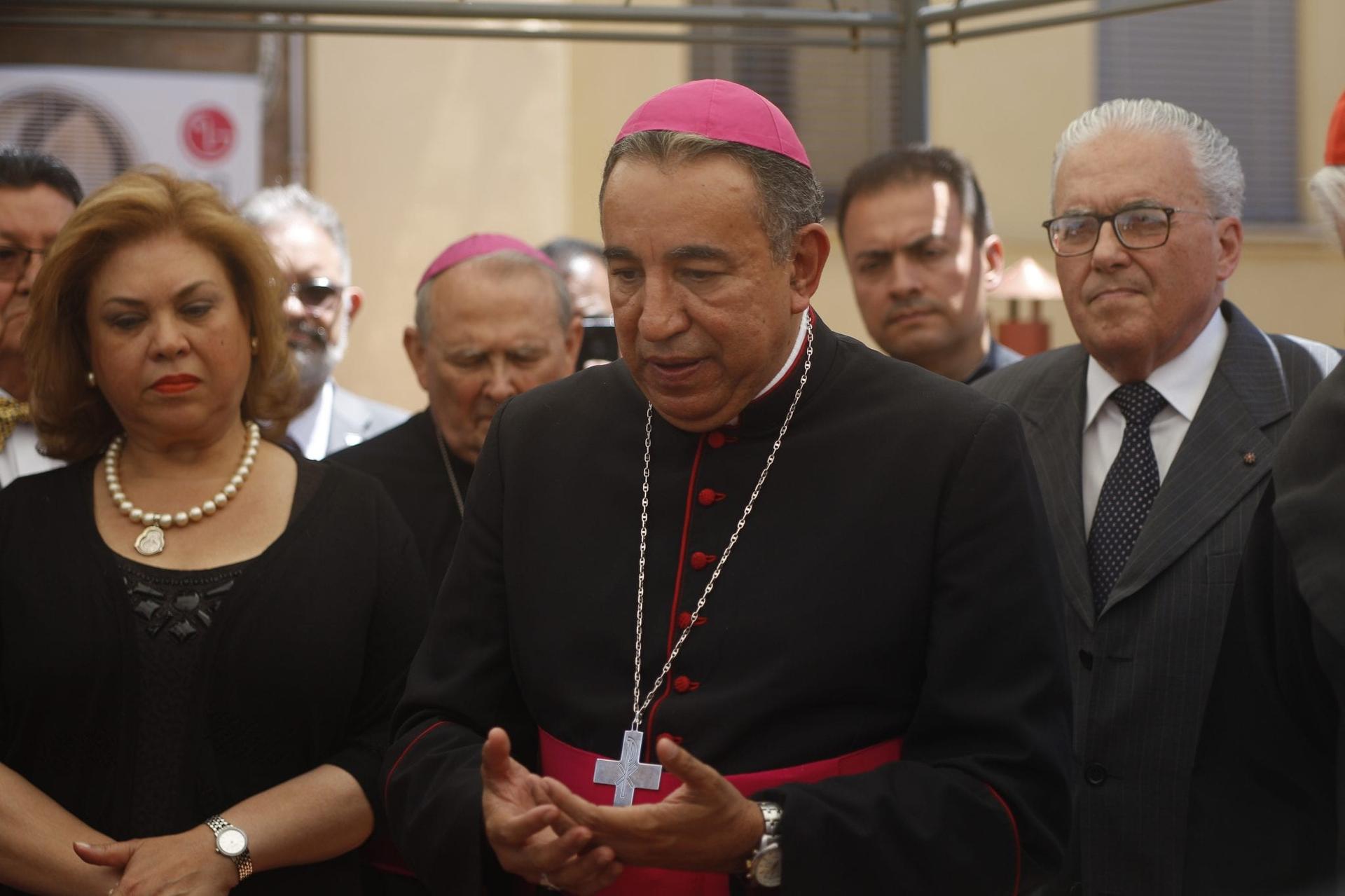ROME— Well-known for his criticism of “gender theory,” by which he has in mind attempts by Western governments and NGOs to impose a permissive sexual morality on poor countries as a condition of development assistance, Pope Francis drew support for that stance on Thursday from the Catholic bishops of Panama.
Archbishop Jose Ulloa Mendieta of Panama City told reporters on Thursday that the bishops and the pope spoke about family and gender theory, calling it an ideology which Ulloa defined as “diabolical.”
In Vatican-speak, “gender theory” generally refers to the idea that sexual orientation and identity are self-determined rather than given in nature, and it’s seen as a cornerstone of a secular Western vision.
In separate comments, Ulloa also told Crux that the Zika virus, which has prompted the American Center for Disease Control to warn pregnant women against traveling to Panama City, is “under control.”
Transmitted mostly through mosquitoes, Panama reported 400 cases of Zika last year. Ulloa said that by now, adequate controls for the disease are in place and fears of infection shouldn’t discourage people from attending World Youth Day in 2019.
Ulloa said there were two main topics during the bishops’ two-hour meeting with the pope: Preparations for the looming massive youth festival, the first ever to be held in Panama, and the importance of the laity in the Church.
“We can’t only fill our months talking about the laity, we have to believe in them,” Ulloa said. “The laity are called to transform our society.”
Time flew by, he said, as they spoke about these two issues, and the need to give the youth space.
“He kept insisting, the youth aren’t the future, they are the present of the Church and of humanity,” Ulloa said. “A different world is possible thanks to the commitment of the youth.”
Talking about WYD in a broader sense, Ulloa said a key issue is to determine where in Panama City the main events will be held. This is something he’ll talk about on Monday with American Cardinal Kevin Farrell, head of the Dicastery for Family, Laity and Life, which is the Vatican office that co-sponsors WYD.
“We have spoken about how this WYD will be much more than an event,” he said.
“This WYD will be the putting our big boy pants on after years working in youth ministry in Latin America,” he said.
This was Ulloa’s second ad limina visit, and like many bishops who’ve come to Rome for their quinquennial encounters with the pope and the different offices that make the Vatican’s Roman curia, he underlined the positive change that has taken place since his previous one.
“There is a key word in each one of the dicasteries and congregations: ‘We are here to help.’ I believe that this is a new vision also of what the Church is,” Ulloa said. “And we have to say this, this was an imprint put in place by Pope Francis.”
Cardinal José Luis Lacunza, bishop of David, Panama, agreed. He has experienced several of these ad limina visits during his 31 years as a bishop.
“I have perceived the changes that have taken place with Francis’s arrival,” he said.
As Ulloa, he spoke with journalists on Thursday. “The heads of each dicastery have a different attitude. They are welcoming, helpful, open to listening to us.”
Previously, he said, they would have a more inquisitive and imposing attitude.
On their meeting with Francis, Lacunza had nothing but good things to say. The prelates told the pope what worried them, including issues regarding the family, youth, corruption, and the fact that the laity doesn’t always get involved in the real world to “transform it.”
“As long as Christians, who in our Latin American world are a majority, don’t take our faith seriously, and we don’t decide to take our faith into our life, translating it into life, we will not be capable of putting an end to these problems,” he said.
Lacunza too brought up the issue of gender theory, saying that in Panama, teaching a liberal, Western form of sexual education in schools is considered a human right, but “from our perspective of faith, this has nothing to do with human rights.
“The human rights homosexual people must have are in respect to their dignity, their choices, and that they are not discriminated against,” Lacunza said. “But to go from there to pushing so that society should accept those choices as something good, desirable, digestible, and that it is taught to little children, we are not willing to go there.”
Francis has been very outspoken against gender theory, particularly when taught in schools.
Last October, for instance, during his second and final day in Georgia, Pope Francis said he sees a “global war” against marriage in the form of the “theory of gender,” which he said seeks to destroy the family not with weapons but with ideas.
Asked about that remark during the in-flight press conference on the way back from that trip, Francis said that when it’s taught in school, it becomes “ideological colonization.”
















